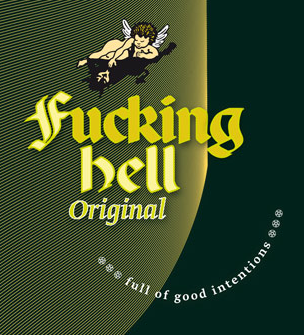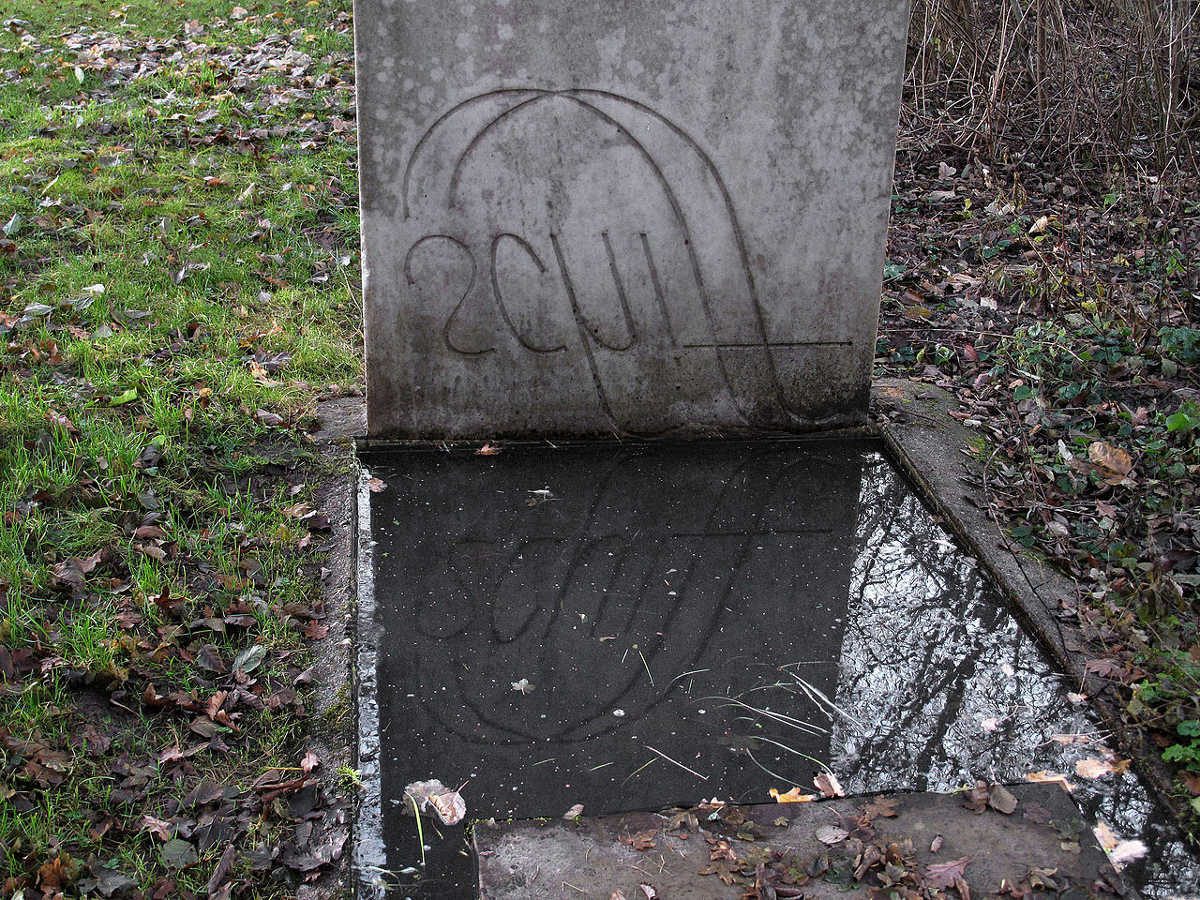From the Ohio Law Reporter: In 1916 a defendant filed this brief in the Court of Common Pleas in Fayette County, Ohio:
The sages of old with reason assumed
The shorter the horse the sooner he’s groomed;
And so with this case and the questions involved,
They’re exceedingly brief and speedily solved.
The plaintiff below was a broker, it seems,
And perhaps being broke, saw a fee in his dreams,
He had from one Ellis a small farm to sell
And likewise, from Strobel, a town-lot as well.
One day on the street by accident strange
He met Mr. Strobel and proposed an exchange.
He also, quite prudently, spoke of the fee
And told Brother Strobel how much it would be.
He stated both principals ought to agree
On the portion each party would pay of said fee.
“Very well,” then said Strobel, “I’ll trade for his farm,
And as for your fee, have not an alarm,
“Go straight and see Ellis, and get him to say
How much of said fee he’ll be willing to pay.”
The broker then started to see Mr. Ellis,
And now his reply Brother Ellis will tell us:
“I’ll pay just $2, and no more,” said he;
“Of the said $16 you charge as your fee.
If Strobel won’t trade upon that I’d as well
Keep my money and let the — trade go — a spell.”
Then the broker returned and reported to Strobel
Who sanctioned the terms in these words grand and noble
“$2 from 16 leaves 14 for me
And this I will pay you, to make up your fee;
“Day-after-tomorrow I’ll pay you a V
And the rest in installments — to this I agree;
Go close up the deal as soon as can be,
The sooner the better for you and for me.”
So the deal was soon closed and the deeds passed, you bet
But that “day-after-tomorrow” has never come yet
And that was the day Strobel promised to pay
That first V installment in such a sure way.
The evidence shows that when Strobel sent
The broker to see Mr. Ellis, he went
And did everything he required that he should
And tried to get Ellis to pay all he could.
And now I submit, Your Honor, to you
In absence of proof to a contrary view,
The law will presume good faith in this case
And order the broker to win in the race.
(signed) W.E. MAYNARD
Washington Court House, Ohio
“Of the result of his effort we are not informed,” reports the journal, “but it no doubt was given ‘careful consideration.'”








